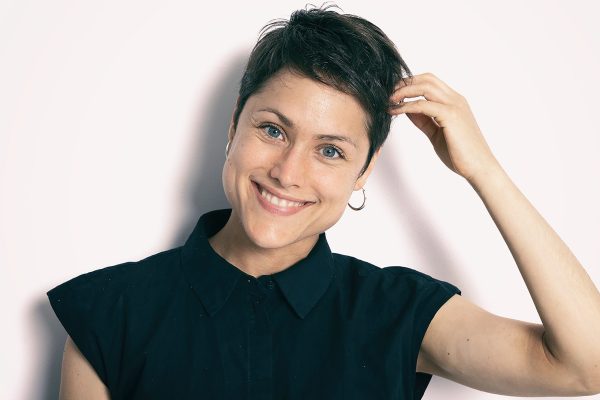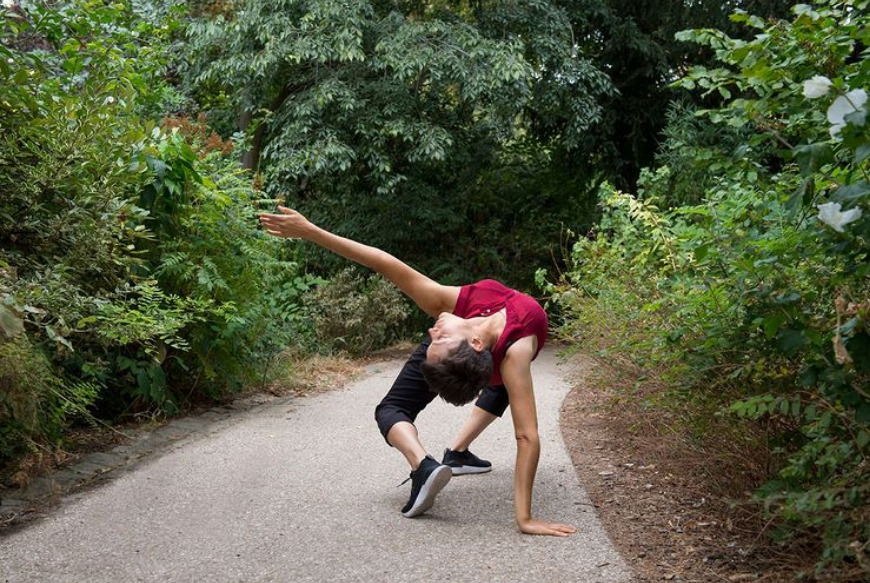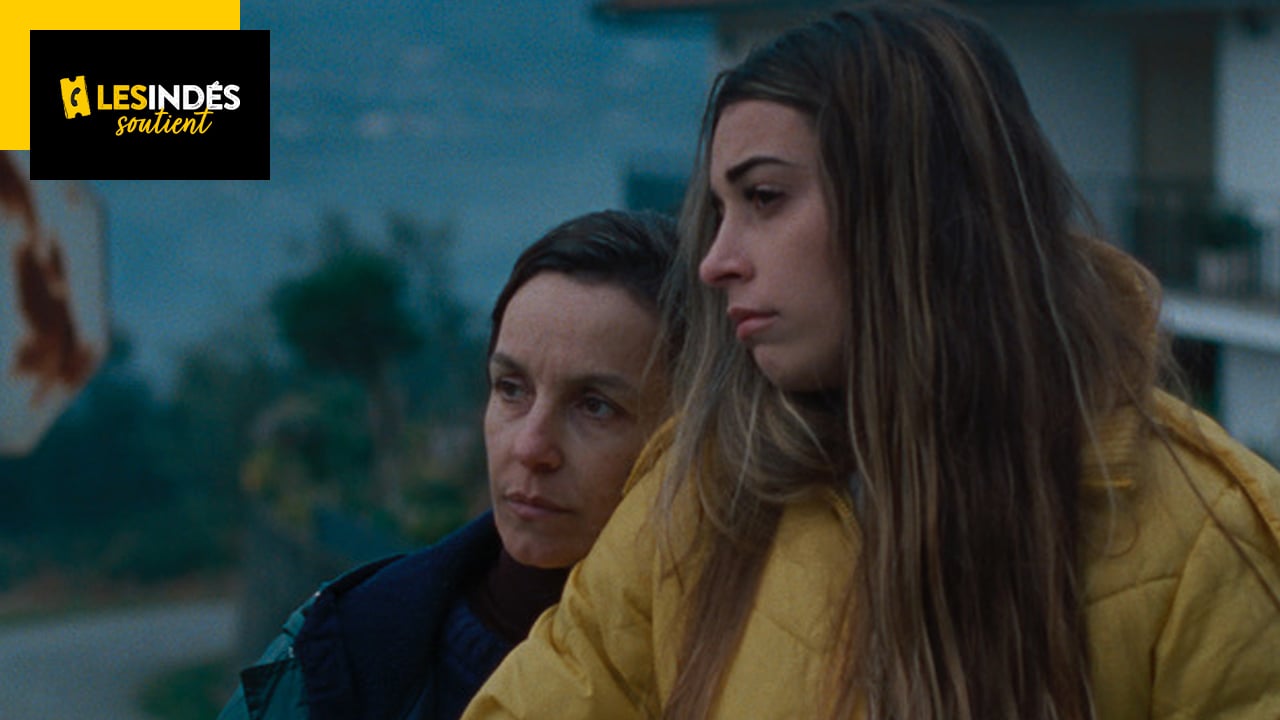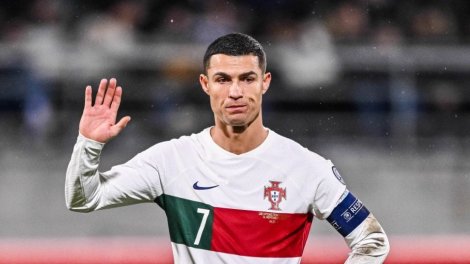
Jean Gallois is a dancer, choreographer, and founder of Compagnie Burn Out. We have been able to see his creations at the Festival Off d’Avignon, at Chaillot, the Théâtre national de la Danse, or even at the Montpellier Danse Festival. Originally from hip-hop, his dance takes different lines, and is always very open.
How did they all start?
Before I danced, I did a lot of classical music at the conservatory and in my family dancing was out of the question. The education I received was very strict and authoritarian and left no room for dancing. I started dancing hip-hop because I fell in love with this world, it was all I craved: complete freedom to develop your art and share it with others. I didn’t ask myself any questions When I met hip-hop dancers by chance at the Forum de Halle, I knew that this was what was waiting for me, what I wanted to do. So, against my parents’ advice, I stopped the music completely and started dancing non-stop every single day. I’ve been able to learn on my own, by observing others, by trying, by making mistakes, it really is a culture that lives at the heart of where it’s practiced. In hip hop you have to create your own framework. It happens a lot in clubs, in club circles, so I was actually a club dancer! I loved this extreme relationship with the body, it is powerful and dignified because it is truly a dance towards the other, which appeals to all the senses.
Jan Welch, beyond description ; Suresnes Jean Vilar Theater – Suresnes Dance 2022; Creation 2021 – Dan Okante
I didn’t think I could make a living from it at all, I was passionate about physics, I also loved this approach to the world through science, and during my license I took a year off to see what it was like. Living as a dancer, I encountered the contemporary world with aspects of creativity, writing and performance, which I did not know at all! I’ve never seen a contemporary dance show before! And there, there was a second huge clue.
I felt, I realized the power that could be there through my dance: sharing a vision of the world, sharing an idea, a message, and the power of emotion it could evoke in the spectator, because it was as a spectator that I was the first to be affected. I then worked with contemporary choreographers as a performer, but what intrigued me was doing my own projects, putting together my creations, and thinking about how to tell as much as possible what it means to be human in the 21st century and How to tell it with dance and its strength.
When we try to talk through dance, I’m afraid we’ll get carried away by the thought and end up leaving the body.
It is precisely a predicament of dance, with its abstraction, unlike, say, a text or a film, but it seems to me necessary that this approach be the same. I very quickly tire of a purely formal, aesthetically pure creation, which I find empty. It doesn’t affect me if there is a lack of depth reflection in the staging and choreography.
So how do you make the connection between this thing that the body expresses — somewhat unconsciously, because this is also the emotion of the body, and that something we have no control over that comes out explicit — and the more rational intent that adds that depth to the show?
For me, the two are inseparable. On the intent of what I want to say I was able to generate creativity in my dance. If I had nothing to say, it would destroy me very quickly as an artist. The essence of the artist’s life is to ask the world: who are we, what are we doing there, what is this era in which we live?
But what form does it take? What form does this reflection, this questioning take?
I think it must be instinct. Instinctively, to express the feelings of such and such, I would like to take a body in this capacity, I would enter into a gesture that would have this effect, this looseness here or that lightness… It’s hard to say… It’s just that sometimes the clues I can’t interpretation of the reason.
That’s what’s interesting, there is intention and then things of the body overflowing with it, which are no longer expressed rationally. We start from what can be said and reach areas outside or under language.
That’s the great thing about dancing! Any body language will touch a deep soul within the viewer and within the dancer, one thing is clear. I think of my little nephew who is not yet a year old, and can’t walk yet, but as soon as we play some music, when he might not have seen anyone dancing, he starts to move. The beat of the music, his arms, his pelvis… It’s amazing to see how spontaneous and natural the dance movement is in humans.
Yes, there is a call of the body in response to music, vibrations, and resonance that occurs even before we acquire language, meditative thinking…
Exactly, it’s the first language, this body language, this dance language. Whatever I will use as a gesture, everything I will develop as a dance to physically say an idea, a vision of a human being, will always be spontaneous, evident, natural. Moreover, once the mind has too much control over creativity, this is the cascade towards drying up inspiration.
However, this mind must be relatively restrained to push inspiration further! What is done a lot in contemporary dance by the way, from the instruction, the act of movement, the emotion, the exploration.
When I start a creation, I start from the different axes that seemed interesting to me to develop for the project, but improvisation leads me to unexpected discoveries, which I could not have reached without letting myself get carried away in the present. It is very important that you do not want to master everything. I don’t want to be too explicit or too clear about what I want to say because I want the viewer to be able to read what they want to read. I definitely want to leave him an open door. It is the power of dance that we do not have in theater because the text, in a way, shuts down the meaning.
Perhaps because we do not speak on the same level of awareness, the text will be on the side of the explicit, while the dance shows something buried without us understanding all the springs. Conversely, when the dance becomes, in my opinion, overly abstract, when I have to force myself to find a concept, a sense, I get frustrated because I feel less things through the body.
Yes, exactly… Sometimes clarity kills the heart itself, the soul that sometimes can’t even let itself be touched anymore… It’s actually a balancing act. It’s also powerful when you leave out width and qWe were able to move internally, because we understood what the choreographer wanted to present. That’s a big question I’m asking myself now. What are the ingredients that drive the spectator to change himself? I see that he is taming an animal that does not know me, he is afraid as much as he wants to come to me. How do you create this meeting space? How do we make it so that together we can understand each other, the audience and me? But those are questions I will never answer…for her own sake IncompleteI wanted to open a silly tone, too muchI’m interested in getting deep on topics with a tone of humor and lightness, it’s a contrast that moves me and seems to me like a good way to get the audience on board with you.
I well remember this intimacy from the very beginning of the show, which set the tone, and I found it very personable while also very universal, it is precisely a show that speaks, without losing sight of beauty.
The beauty in my opinion comes from the fact that the work is peopled. When it feels lived, and interpreted with full investment, the beauty is in life itself, including death, including the drama. We touch a certain beauty when we feel it is authentic.
Is there a choreographer that inspires you today?
In fact, all choreographers inspire me, even when it’s not my style, I always find things very interesting. But if I can name one of them, it’s Rui Horta, a Portuguese choreographer. I think he’s a genius at dancing. Perhaps he was too ahead of his time.
I also think you have a special love for electronic music that you incorporate into your creations?
It will always be a part of my creations really, especially since I’m finally composing! The classical music theoretical baggage from my years at the conservatory has been transcribed into my electric music, and the transition to composition is a bit of an achievement. There is something very universal about the rhythm, very tribal, often binary. There’s the potential to work on tempo, deconstruction, writing, superimposed, and I love deconstruction to surprise.

Jan Welch © Laurent Philippe
Interview by Valentin Mercier






